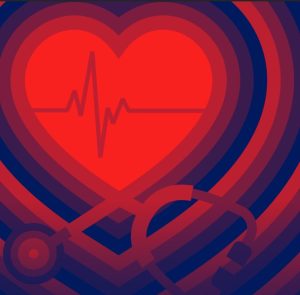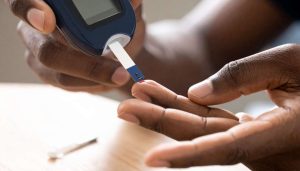While not all snoring is dangerous, Dr. Manoj said that it may be of concern if an individual suffers from excessive daytime sleepiness, or restless sleep due to it…reports Asian Lite News
Snoring is a sleep disorder that can raise the risk of several non-communicable diseases like high blood pressure, and blood sugar and even cause life-threatening heart attack and stroke, said experts on Monday.
Snoring is the most common sleep-related breathing disorder often associated with Obstructive Sleep Apnea (OSA). More than 12 crore people in India reportedly suffer from OSA.
“Snoring is characterised by the recurrent episode of complete or partial obstruction of the upper airway leading to reduced or absent breathing during sleep and these episodes are termed apnoeas and hypopneas,” Dr. Manoj Pawar, Associate Consultant – Pulmonology, Manipal Hospital, Kharadi, Pune, told.
While not all snoring is dangerous, Dr. Manoj said that it may be of concern if an individual suffers from excessive daytime sleepiness, or restless sleep due to it.
“The prominent symptom is excessive daytime sleepiness wherein patients tend to sleep very easily during daytime mostly while watching TV, sitting with the other members of the family, reading newspapers, and even while driving a car. It can be very dangerous,” the doctor said.
It can also cause early morning headaches, insomnia, trouble concentrating on things, mood changes, a decrease in sex drive, and an increase in urinary frequency.
“When the obstruction is severe, the oxygen supply to the various body organs is affected leading to apnoea (stoppage of breathing). Because of lack of oxygen, they suffer from a variety of neuropsychiatric symptoms such as tiredness, daytime sleepiness, irritability, and lack of concentration,” Dr Santosh Bangar, Senior Consultant Psychiatrist, Global Hospital, Parel, Mumbai, told.
“It is a major cause of divorce and road traffic accidents, and can lead to mental and physical health complications hypertension (high blood pressure), diabetes, irregular heart rhythm, heart attack, sudden cardiac death, stroke (paralysis), dementia and depression,” he added.
Dr Santosh said it is also more common in men with a short neck, large tongue, and jaw abnormality. Besides obese individuals, it can also be seen in thin people and can be hereditary.
The experts called for a healthy lifestyle, weight reduction, regular exercise, eating a light dinner, and avoiding sleep tablets, smoking, and alcohol. Wearing a mask (CPAP, Continuous positive airway pressure) or jaw braces may also help.
ALSO READ-Mental Health Changes May Signal Brain Tumour Risk








